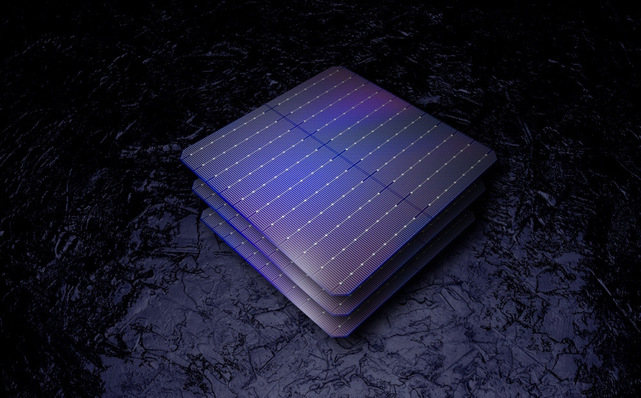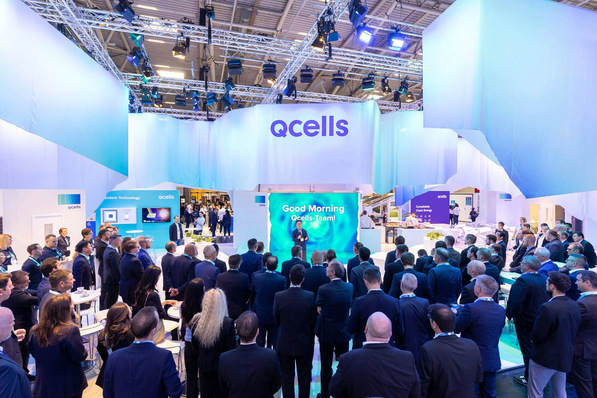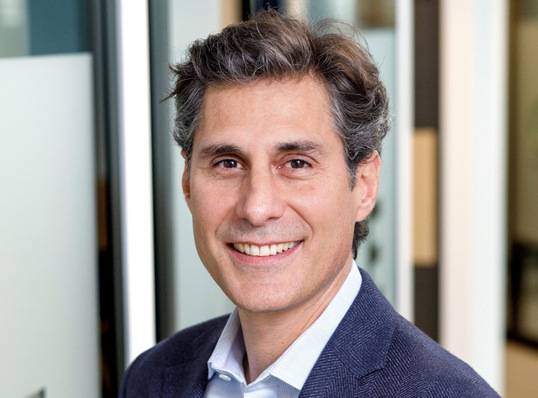The Ohmpilot draws on excess energy specifically for the preparation of hot water. Thanks to a continuous output range of almost zero to nine kilowatts, this excess power can be efficiently channelled to the loads in the household. As a result, the operator is able to use all the electricity they generate. The main areas of application are heating elements in boilers and buffer tanks, but infra-red heaters and heated towel rails are also compatible. With the Ohmpilot it is even possible to control two heating elements. Communication takes place via the WLAN, LAN, or Modbus RTU universal interfaces, meaning the consumption regulator is easy to fit and can be activated online using the pre-installed web interface.
Lower energy costs
The clean and interference-free control of the loads protects the grid and extends the service life of the heating system. “With a typically sized photovoltaic system of five kilowatts (peak), the Ohmpilot can heat 150 litres of hot water from ten to around 40 degrees Celsius, even on a partially cloudy day. On sunny days, the average energy excess can allow 300 litres to be heated from ten to 60 degrees Celsius. This is particularly advantageous in summer and inter-seasonal times of year, as the conventional heating system does not need to be used at all. Consumers benefit from lower energy costs and an improved payback period for the overall system,” explains Martin Hackl, head of solar energy at Fronius International GmbH.
Prize for innovation
Fronius has recently won the MTP Gold Medal Award for the Ohmpilot. The Polish prize, which is awarded at the GreenPower trade fair, recognises outstanding innovations. The Fronius Ohmpilot is an integral part of effective energy sector integration, as it unites the fields of electricity, heating, and hot water, optimises the overall energy system in private households, and thus improves the self-consumption rates of photovoltaic systems. Ohmpilot represents another huge step forward towards 24 hours of sun – the Fronius vision of a future in which 100% of the world’s energy needs are covered by renewable sources. (HCN)
Read more about energy storage
Stay informed, get our free newsletter twice a week. Register here.
More useful information:
https://www.pveurope.eu/solar-storage/energy-storage-charge-your-battery-first-then-make-hot-water







